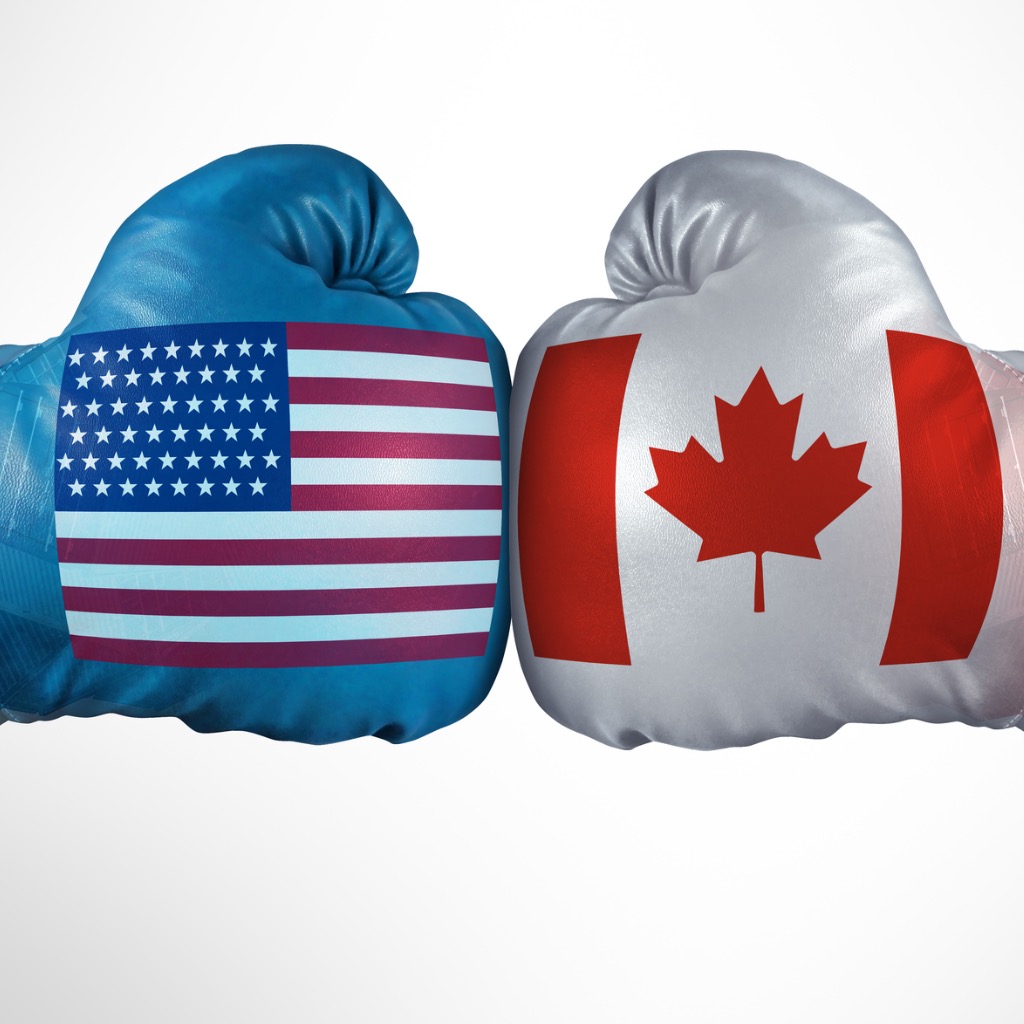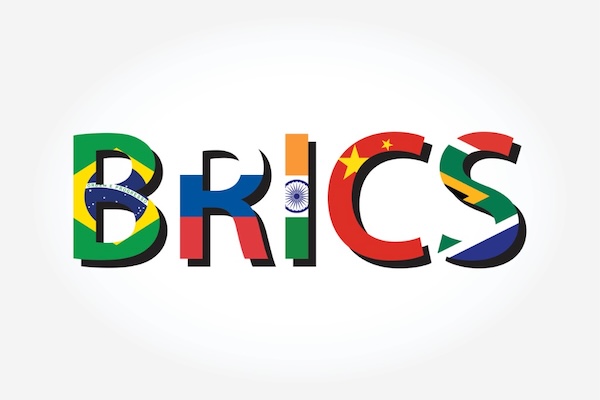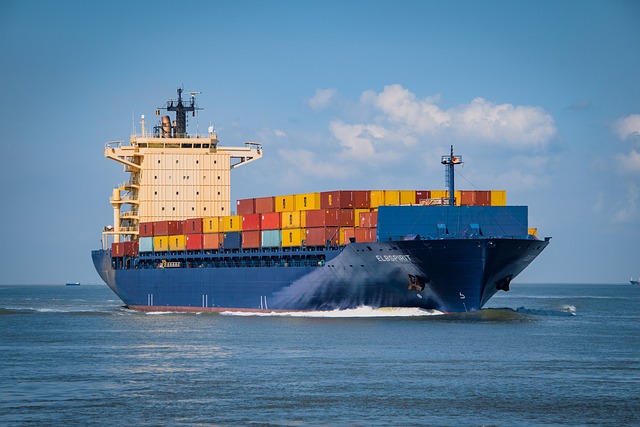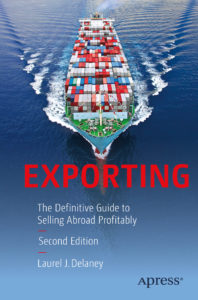
by Laurel J. Delaney
Ready to export your goods? Don’t want the hassle of a letter of credit but want your cash upfront? Perhaps an escrow service is the answer. In this article, I examine what an escrow service is, how is it used in international trade and where can you turn for help on using an escrow service.
What is an Escrow Service?
Escrow services allow both exporters and importers to protect a transaction by placing funds in the hands of a trusted third party that collects, holds and disburses funds until a specified set of conditions is met by the instructions of the exporter or importer. Shipments are tracked to ensure the seller shipped and the buyer received the merchandise.
This can be a mutually beneficial method of payment on international trade transactions. Some people use escrow services to reduce the potential risk of fraud.
When it comes to smaller size transactions (less than $5,000), typically wire transfers, credit cards and PayPal are the most commonly used cash-in-advance payment devices that exporters use, but an escrow service can serve as an alternative option.
Why it’s Needed and How it Works
You have a brand new customer with no payment history. Therefore, to minimize your risk, you ask for payment in advance, but it is the least attractive option for the buyer. Why? Because it tends to create cash-flow problems for him/her and it fuels the concern that the goods may not be sent if payment is made in advance. Further, asking for cash in advance is a disadvantage when competing against other vendors the buyer has to choose from worldwide, unless they are also asking for cash in advance. The truth of the matter is that if you insist on cash in advance as your sole payment method for doing business worldwide, you may limit your export potential and therefore lose out to competitors that are willing to offer more attractive payment terms.
How escrow works. The importer (buyer) sends the agreed purchase amount to the escrow service. After payment is verified, the exporter is instructed to ship the goods. Upon delivery, the importer (buyer) has a predetermined amount of time to inspect and accept the goods. Once accepted, the funds are released by the escrow service to the exporter. The escrow fee can either be paid in full by one party or split evenly between the exporter and the importer.
According to Jacob A. Manning, of Dinsmore & Shohl LLP, here are a couple of key points you should be aware of when it comes to escrow services: (https://www.lexology.com/library/detail.aspx?g=e66b89d9-4b4a-448e-8001-60ad7b8e4ba4).
1. “Escrow services are third party contractors, whose trustworthiness must be assessed the same way a bank’s should be. In a letter of credit transaction, the parties agree that a letter of credit issued by an international bank is acceptable, presumably because both know and can assess that bank’s trustworthiness and assets.
2. With a letter of credit, one has the ability to finance production or sale of the goods. Since the seller is owed an independent obligation by the bank, they can use that obligation to finance the production of the goods. In certain circumstances, they also can discount the proceeds of the letter of credit to obtain cash more quickly. And indeed, since payment usually must be made within days after documents are presented to the bank, a letter of credit can result in quick payment after goods have been shipped. Those options are at least more difficult with an escrow service, if they are available at all.”
PayPal versus Escrow Services?
The advantages of using PayPal are numerous (refer to: “PayPal v. Escrow Services: Efficiency and Safety by the Numbers”) – size, reach, and credibility. It’s quick and easy for buyers to use; it’s cheaper to qualify for a PayPal account than a business merchant account; and the transaction fees—up to a certain amount—are affordable and fair.
Unlike PayPal, a firm such as escrow.com, for example, collects, holds and disburses funds only when given 100 percent approval from the both the buyer and seller.
Where to turn for help?
Here are a few available escrow services. Be sure to check references of customers who have used these services before proceeding. Caution: If your buyer insists that you use a specific escrow service and will not accept www.escrow.com (or another international escrow service that you are comfortable with for international transactions as an alternative), you might want to decline the transaction for the possibility of fraudulent activity.
- Escrow.com (https://www.escrow.com/why-escrowcom/security.aspx)
- PaySAFE (https://paysafeescrow.com/international-trading-escrow)
- 1st PMF Bancorp (http://www.invoicefactoringus.com/escrow-services
- J.P. Morgan (https://www.jpmorgan.com/tss/General/Escrow_Services_/1114735358724)
- Associated Bank
(https://www.associatedbank.com/commercial/trust-and-investing/corporate-trust-services/escrow-service) - Bank of America
(https://www.escrow.com/accounts/bank-of-america)
Escrow services can be a win-win for both importers and exporters who desire a cash-in-advance method of payment on smaller sized transactions.












 There are more than 8 billion potential customers in the world looking for your product or service. Are you ready to serve them?
There are more than 8 billion potential customers in the world looking for your product or service. Are you ready to serve them?